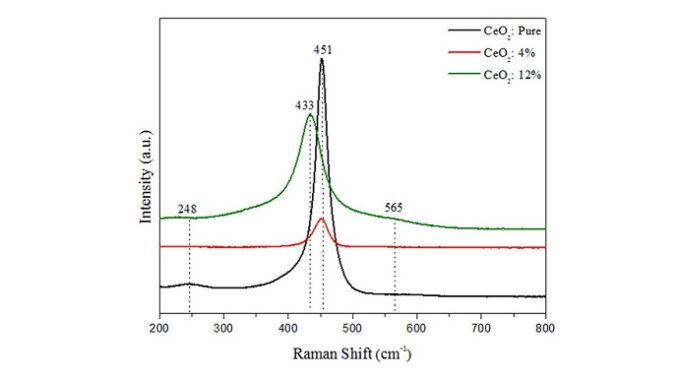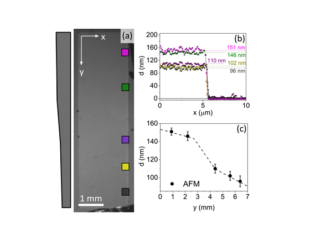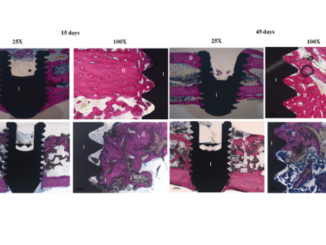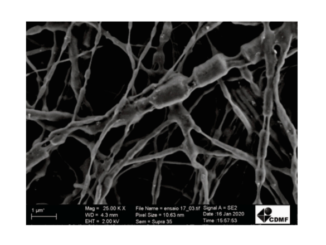
High-performance CeO2:Co nanostructures for the elimination of accidental poisoning caused by CO intoxication
Abstract: Owing to the global upward trend of accidental carbon monoxide (CO) poisoning in the past 30 years, this work aimed to develop Cobalt-doped CeO2 particles by the microwave-assisted hydrothermal route under distinct conditions. Their structural, morphological, spectroscopic and electrical behaviors were investigated to correlate the influence of Co on their properties with the introduction of oxygen vacancies and their sensing capability to assist in the mitigation of CO poisoning cases. The samples were crystalline and had no secondary phases. Two distinct activation energies for the electrical conduction processes were observed due to dopant influence, corroborating the local cluster-to-cluster charge transfer (CCCT) mechanism, resulting in a response time of only 3s for the 4% Co-doped sample. On the other hand, through positron annihilation studies we showed that the oxygen vacancies are preferentially formed near Co ions, reducing the Co ion charge and leading to the formation of neutral VO-Co+2 complex clusters.
Author(s): Carvalho, J.C.L.; Rocha, L.S.R.; Renzetti, R.A.; Procopio, A.M.S.; Mastelaro, V.R.; Simões, A.Z.; Ponce, M.A.; Macchi, C.; Somoza, A.; Aldao, C.M.; Longo, E.; Moura, F.
Open Ceramics
Publushed: December 2022, Volume 12, 100298
DOI: https://doi.org/10.1016/j.oceram.2022.100298
CDMF
The CDMF, hosted at the Federal University of São Carlos (UFSCar), is one of the Research, Innovation and Dissemination Centers (RIDC) supported by the São Paulo State Research Support Foundation (Fapesp), and also receives investment from the National Council Scientific and Technological Development (CNPq), from the National Institute of Science and Technology of Materials in Nanotechnology (INCTMN).




